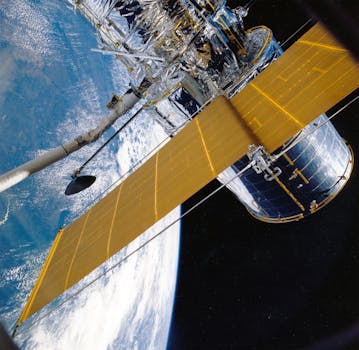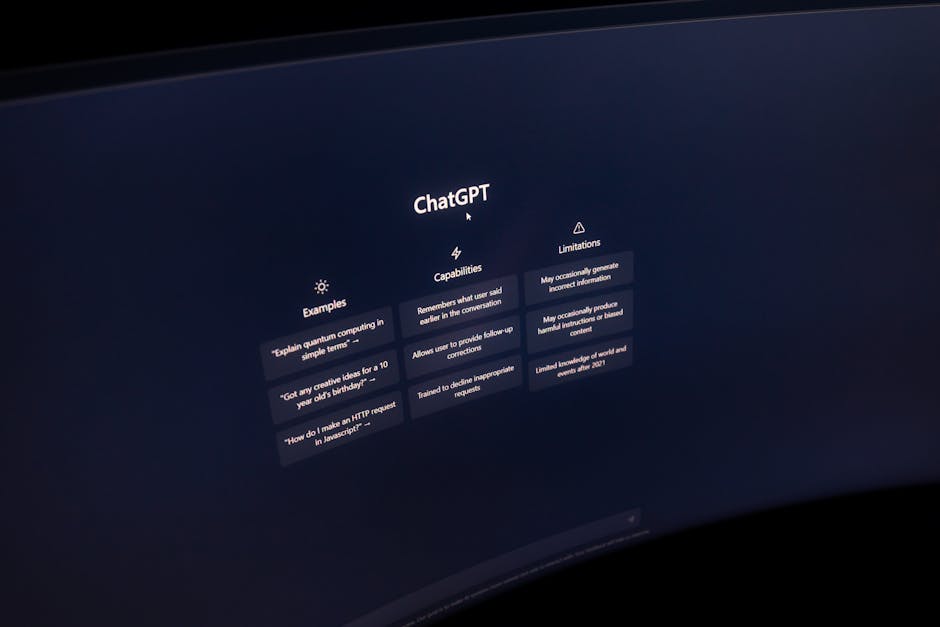The Future of Satellites: Revolutionizing Global Communication and Exploration

The Future of Satellites: Revolutionizing Global Communication and Exploration. The future of satellites holds great promise for global communication, navigation, and space exploration. With advancements in technology, satellites are becoming increasingly important for our daily lives. From providing internet access to remote areas to enabling precise navigation and timing, satellites play a vital role in connecting the world.
Satellites have been in use for several decades, but recent advancements in technology have made them more efficient, cost-effective, and accessible. The development of small satellites, also known as CubeSats, has democratized access to space, allowing more countries and organizations to launch their own satellites. This has led to a proliferation of satellites in orbit, with thousands of new satellites expected to be launched in the next few years.
One of the most significant applications of satellites is in the field of communication. Satellites provide internet access to remote and underserved areas, where traditional communication infrastructure is lacking. They also enable global communication, facilitating international trade, diplomacy, and cultural exchange. The use of satellites for communication is expected to increase, with the growth of satellite broadband and the development of new satellite constellations.
Satellites are also crucial for navigation and timing. The Global Positioning System (GPS) is a network of satellites that provides location information and timing signals to GPS receivers on the ground. This allows for precise navigation, which is essential for a wide range of applications, including aviation, maritime, and land transportation. The use of satellites for navigation and timing is expected to continue, with the development of new satellite navigation systems and the modernization of existing ones.
In addition to communication and navigation, satellites are also used for a variety of other purposes, including weather forecasting, Earth observation, and space exploration. Weather satellites provide critical data for weather forecasting, which helps to predict and prepare for severe weather events. Earth observation satellites provide valuable data on the health of our planet, including information on deforestation, ocean health, and climate change. Space exploration satellites, such as the Hubble Space Telescope, have greatly expanded our understanding of the universe, allowing us to study distant planets, stars, and galaxies.
The future of satellites is exciting and rapidly evolving. With the development of new technologies, such as reusable rockets and advanced propulsion systems, the cost of launching satellites is decreasing, making it more accessible for countries and organizations to launch their own satellites. The growth of the satellite industry is also driving innovation, with the development of new satellite constellations, such as OneWeb and Starlink, which are expected to provide global internet coverage and enable a wide range of new applications, including IoT, autonomous vehicles, and smart cities.






